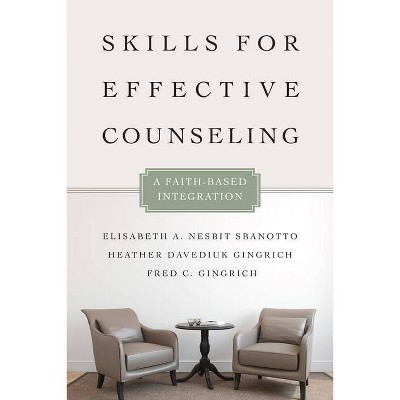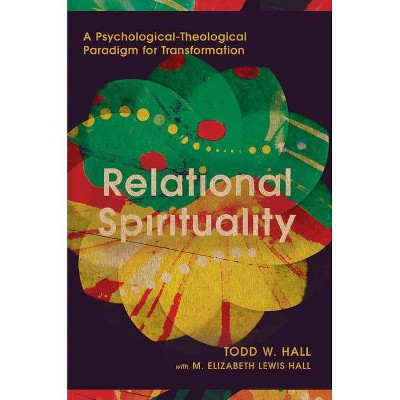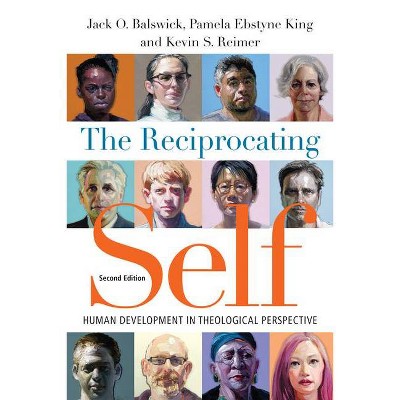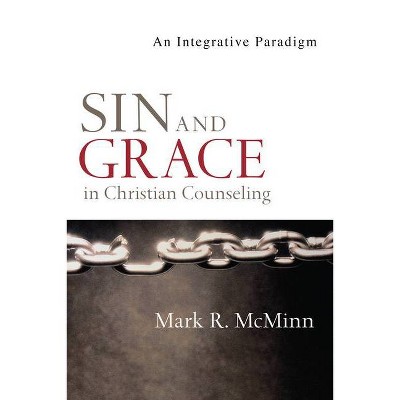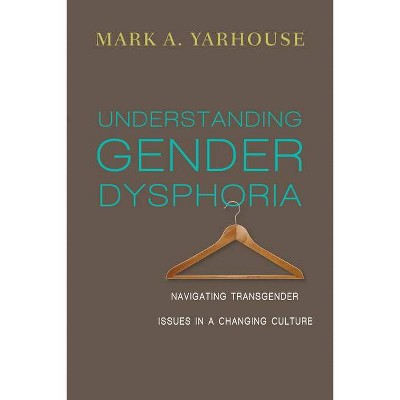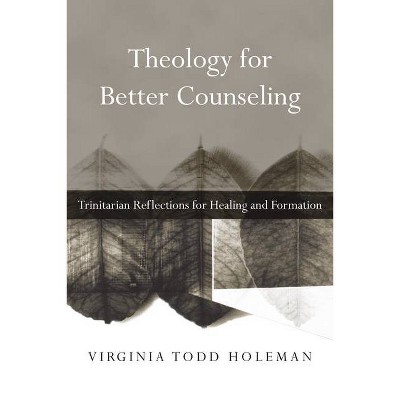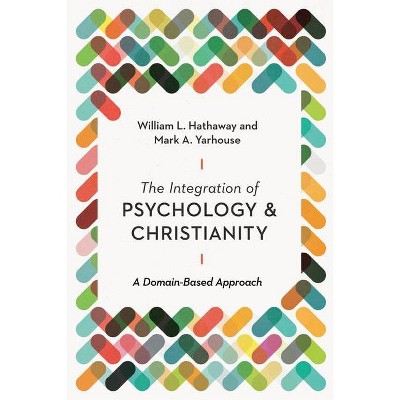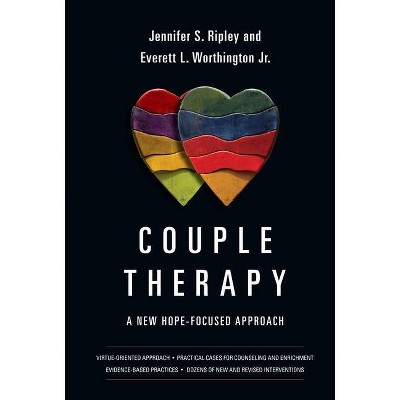Positive Psychology in Christian Perspective - (Christian Association for Psychological Studies Books) by Charles Hackney (Hardcover)
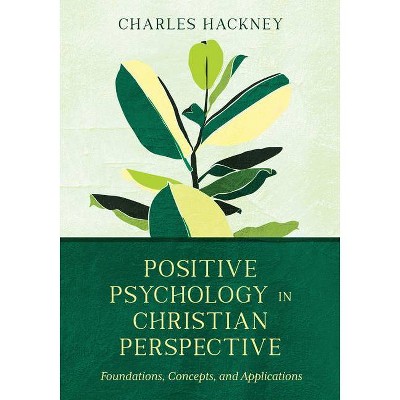
Similar Products
Products of same category from the store
AllProduct info
<p/><br></br><p><b> About the Book </b></p></br></br><p>Positive psychology is about fostering strength and living well--about how to do a good job at being human. Charles Hackney connects this still-new movement to foundational concepts in philosophy and Christian theology. He then explores topics such as subjective states, cognitive processes, and the roles of personality, relationships, and environment.</p><p/><br></br><p><b> Book Synopsis </b></p></br></br><p> <strong>Some theories of [psychology] are based largely on the behavior of sick and anxious people or upon the antics of captive and desperate rats.</strong> Fewer theories have been derived from the study of healthy human beings, those who strive not so much to preserve life as to make it worth living. Thus we find . . . many studies of criminals, few of law-abiders; many of fear, few of courage; more on hostility than on affiliation; much on the blindness in man, little on his vision; much on his past, little on his outreaching into the future. --Gordon Allport, 1955 Originally the field of psychology had a threefold mission: to cure mental illness, yes, but also to find ways to make life fulfilling for all and to maximize talent. Over the last century, a focus on mental illness has often been prioritized over studies of health, to the point that many people assume psychologist is just another way of saying psychotherapist. This book is about one attempt to restore the discipline's larger mission. Positive psychology attends to what philosophers call the good life. It is about fostering strength and living well--about how to do a good job at being human. Some of that will involve cheerful emotions, and some of it will not. There are vital roles to be played by archetypal challenges such as those involving self-control, guilt, and grit, and even the terror of death enters into positive psychology's vision of human flourishing. Charles Hackney connects this still-new movement to foundational concepts in philosophy and Christian theology. He then explores topics such as subjective states, cognitive processes, and the roles of personality, relationships, and environment, also considering relevant practices in spheres from the workplace to the church and even the martial arts dojo. Hackney takes seriously the range of critiques positive psychology has faced as he frames a constructive future for Christian contributions to the field.</p><p/><br></br><p><b> Review Quotes </b></p></br></br><br><p>Charles Hackney offers a Christian view of second-wave positive psychology. For the reader who wants to put a Christian understanding of positive psychology in historical, theological, philosophical, and psychological perspective, this is the definitive book.</p>--Everett L. Worthington Jr., author of Coming to Peace with Psychology: What Christians Can Learn from Psychological Science<br><br><p>I found Charles Hackney's book to be a beautiful overview and critique of positive psychology--both the movement and its many topics--viewed through a Christian lens. I very much appreciated the thoughtful integration of a huge body of psychological literature within a faith-based context. The book provides a great deal of food for thought, all packaged within bite-sized, well-organized, highly readable chapters. I would highly recommend this book as a resource for scholars and clinicians, and I would see it as an excellent choice for a Christian-focused undergraduate or graduate course on positive psychology.</p>--Julie J. Exline, professor in the Department of Psychological Sciences at Case Western Reserve University<br><br><p>If you're looking for the most thorough and thoughtful look at positive psychology from a Christian perspective, this is it. Dr. Hackney combines his impressive knowledge of research, an incisive Christian appraisal of human flourishing, and outstanding communication skills to provide this excellent textbook on one of the most promising movements in contemporary psychology.</p>--Mark R. McMinn, author of The Science of Virtue and coauthor of Embodying Integration<br><br><p>Not only does Charles Hackney helpfully locate the field of positive psychology historically and theoretically, he provides well-researched treatments of a variety of the field's most intriguing topics (e.g., hope, mindfulness, wisdom, self-control, flow). All of this is done from a thoughtful and balanced Christian point of view that is not forced or heavy handed. Hackney's book is a comprehensive, thoroughly researched, and clearly written introduction to positive psychology for Christian undergraduate and graduate students.</p>--Steven L. Porter, professor of theology and philosophy, Rosemead School of Psychology, Biola University<br><br><p>With good will and a sweet sense of humor, Charles Hackney demonstrates in these pages a deep appreciation of positive psychology as well as an impressive familiarity with its findings and sensibilities. Even better, he offers a constructive critique of some of its themes and makes some surprising contributions of his own (e.g., there are chapters on sports and martial arts). Best of all, he has given us a readable yet sophisticated Christian interpretation of its major contributions so far, while advocating for a Christian version of the project. With such a far-reaching synthesis, some minor disagreements are unavoidable, but the breadth and depth of what he has accomplished is so well done and so enjoyable.</p>--Eric L. Johnson, professor of Christian psychology, Gideon Institute for Christian Psychology and Counseling, Houston Baptist University<br>
Price History
Cheapest price in the interval: 34.99 on October 22, 2021
Most expensive price in the interval: 34.99 on November 8, 2021
Price Archive shows prices from various stores, lets you see history and find the cheapest. There is no actual sale on the website. For all support, inquiry and suggestion messagescommunication@pricearchive.us
